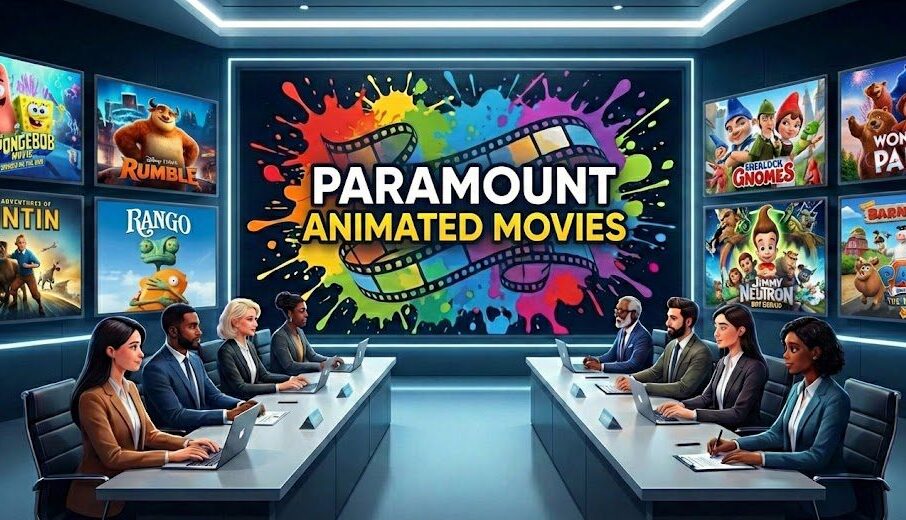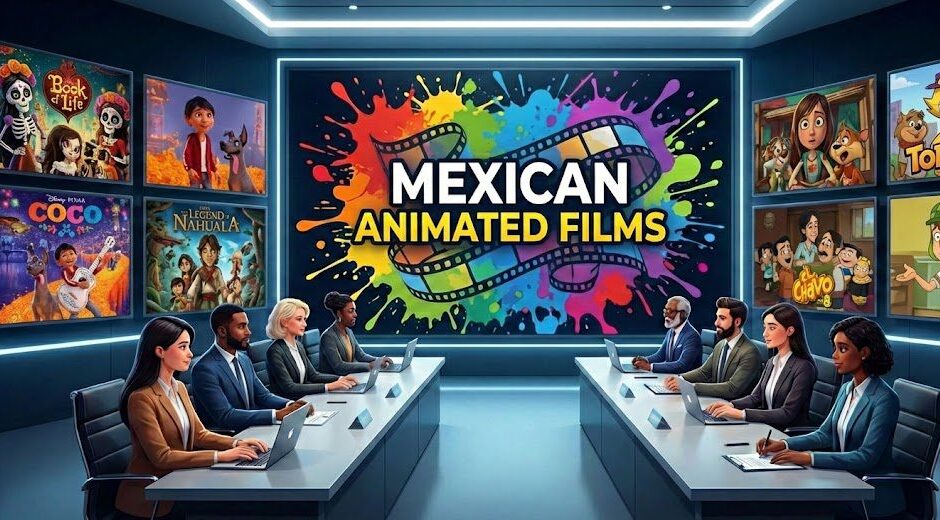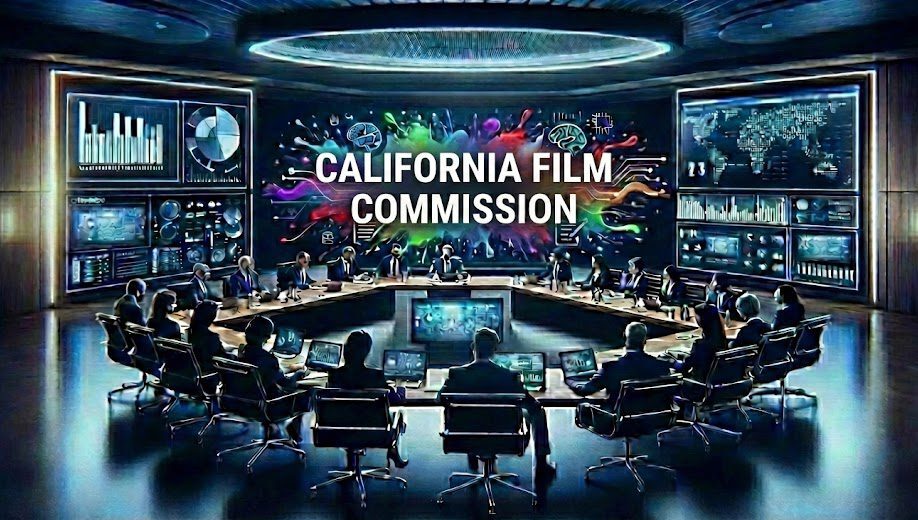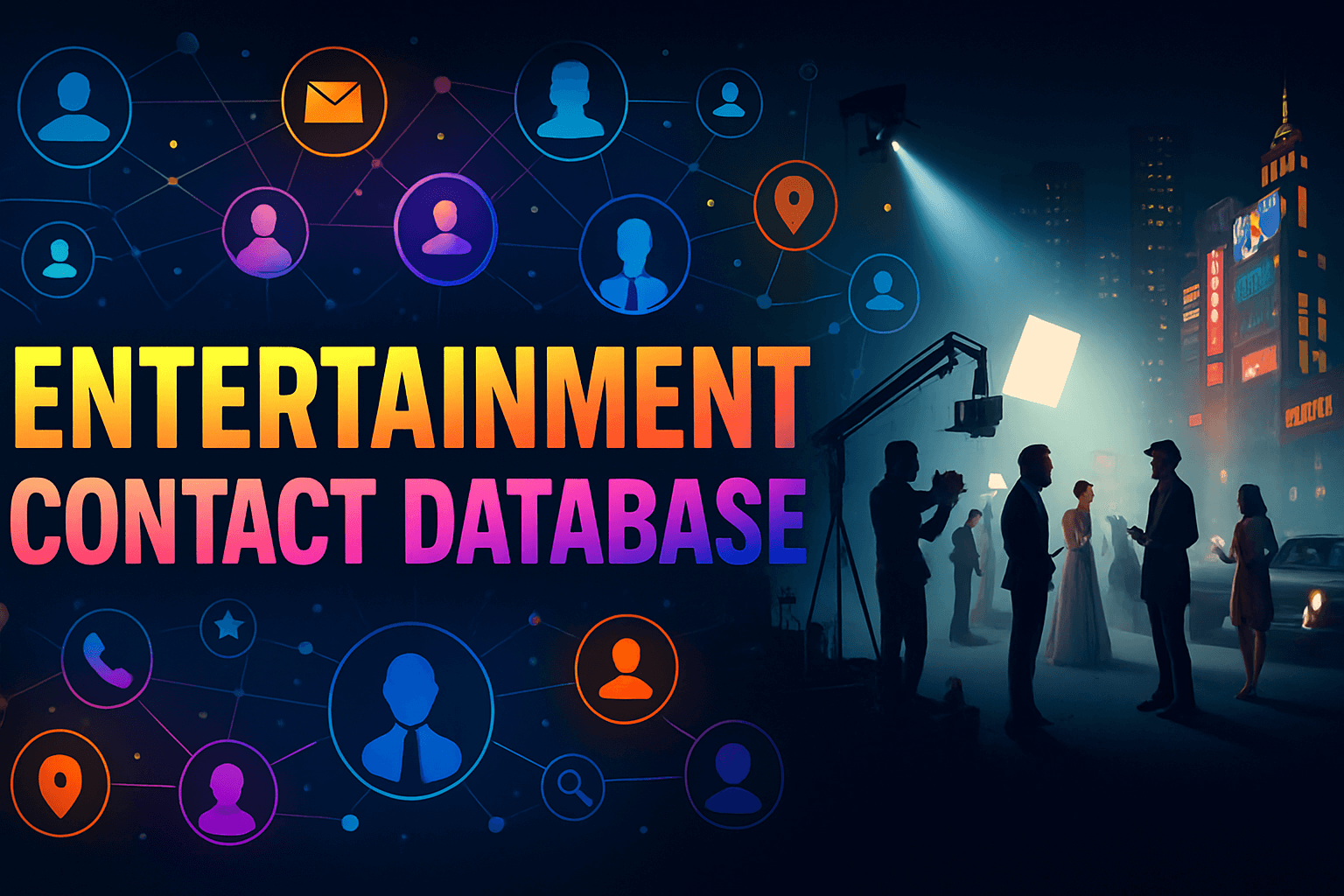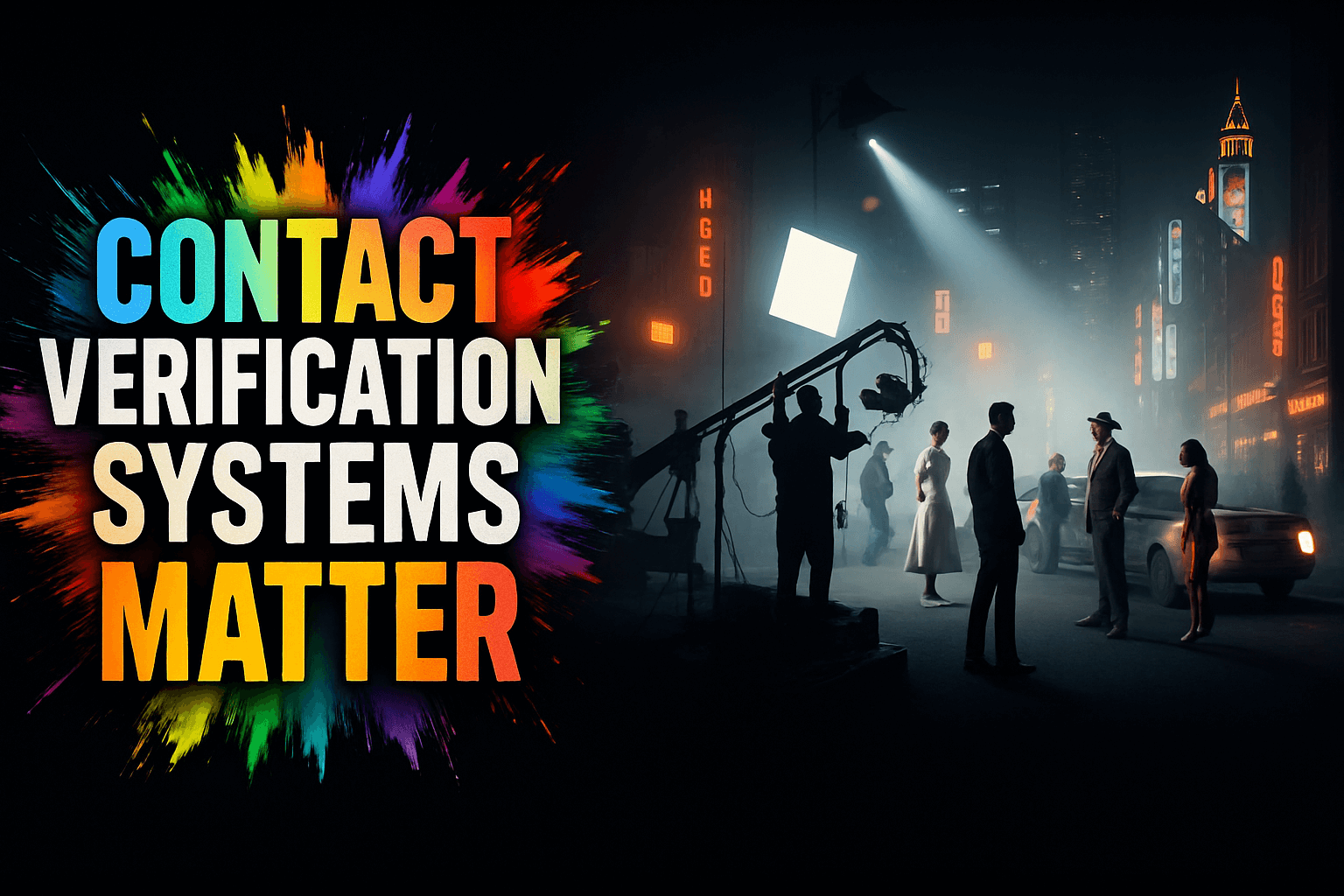AI Voice Dubbing
In the ever-evolving world of entertainment, content creators are constantly seeking innovative ways to enhance their productions. AI voice dubbing has emerged as a groundbreaking technology, offering professionals the ability to streamline their workflows, reach global audiences, and maintain high-quality productions. This guide delves into the intricacies of AI voice dubbing, exploring its benefits, applications, and the best practices for content creators in the entertainment domain.
What is AI Voice Dubbing?
AI voice dubbing utilizes artificial intelligence to automate the process of synchronizing voice-over audio with the movements of the characters in visual content. This technology leverages advanced algorithms and machine learning to produce realistic and contextually appropriate voice dubbing, enabling content creators to translate their work into multiple languages efficiently and accurately.
Revolutionize Content Localization
Adopt AI voice dubbing to streamline your translation and dubbing processes, ensuring consistency and emotional integrity.
The Evolution of Voice Dubbing

Early Techniques
Voice dubbing has a rich history, beginning with manual processes where actors would record dialogue in sync with the original footage. This method was labor-intensive and required meticulous coordination.
Digital Transformation
The advent of digital technology introduced more efficient methods, such as automated lip-syncing tools and digital audio workstations, which significantly improved the dubbing process.
AI Integration
AI voice dubbing represents the latest evolution, leveraging machine learning and natural language processing to create high-quality, accurate voice-overs that can be easily adapted to various languages and contexts.
Benefits of AI Voice Dubbing for Content Creators
Cost Efficiency
AI voice dubbing reduces the need for multiple recording sessions and extensive post-production work, leading to significant cost savings.
Speed and Scalability
Automated processes enable faster production times and the ability to scale up operations to handle larger projects or multiple languages simultaneously.
Multilingual Capabilities
With AI, content can be quickly and accurately dubbed into numerous languages, making it accessible to a global audience without compromising on quality.
Consistent Quality
AI algorithms ensure consistent voice quality and synchronization, maintaining the integrity of the original performance across different languages and versions.
Unlock Seamless Global Releases
Use AI voice dubbing to synchronize your content across markets without the hassle of traditional dubbing methods.
Machine Learning Algorithms
AI voice dubbing systems use machine learning algorithms to analyze and replicate human speech patterns, ensuring natural-sounding voice-overs.
Natural Language Processing
NLP helps in understanding the context and nuances of the script, ensuring that the dubbed dialogue is contextually accurate and emotionally resonant.
Speech Synthesis
Advanced speech synthesis techniques create realistic voice-overs that match the lip movements of the characters, enhancing the overall viewing experience.
Leading Platforms
There are several AI voice dubbing platforms available, including Google Cloud Text-to-Speech, IBM Watson Text to Speech, and Adobe Voco. Each offers unique features tailored to different needs.
Key Features
Key features to look for include multi-language support, high-quality speech synthesis, user-friendly interfaces, and integration capabilities with other production tools.
Pricing Models
Pricing models vary, with options ranging from pay-as-you-go to subscription-based plans, allowing content creators to choose according to their budget and requirements.
Streamline Your Production Process
Save time and resources with AI voice dubbing. Achieve faster turnaround times for your multi-language projects.
Summary
AI voice dubbing is revolutionizing the entertainment industry, offering content creators an efficient, scalable, and cost-effective way to produce high-quality, multilingual content. By understanding the benefits, tools, and techniques involved, professionals can leverage this technology to enhance their productions, reach wider audiences, and stay ahead in the competitive landscape of content creation.
AI voice dubbing uses artificial intelligence to create synchronized voice-overs in multiple languages for visual content.
It employs machine learning, natural language processing, and speech synthesis to generate realistic voice-overs.
Leading tools include Google Cloud Text-to-Speech, IBM Watson Text to Speech, and Adobe Voco.
Yes, AI voice dubbing reduces production costs by automating many aspects of the dubbing process.
Choose the right software, set up your workflow, and follow best practices to ensure quality.























